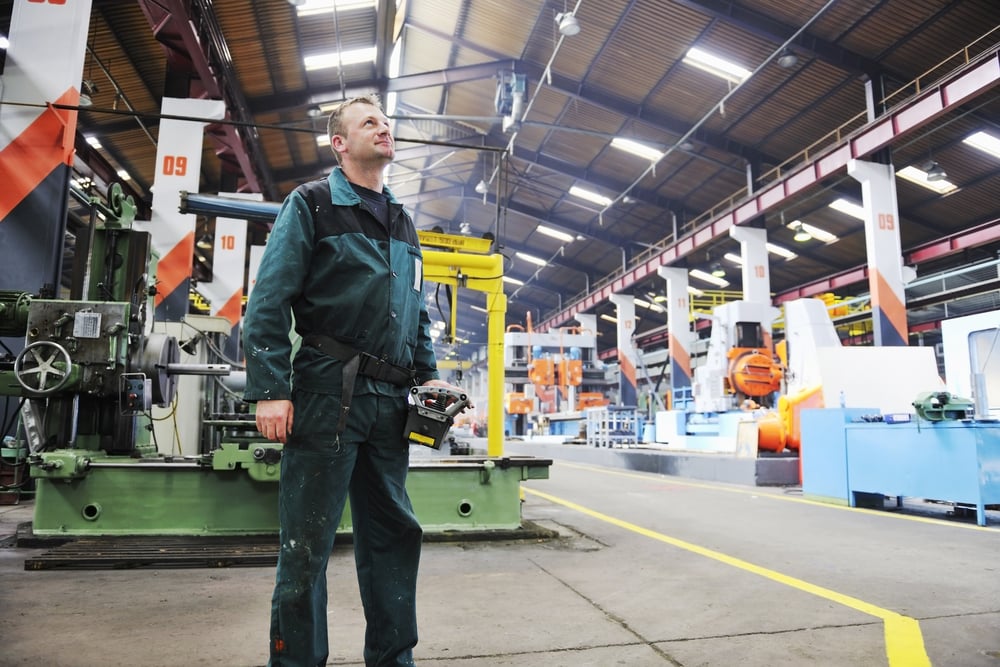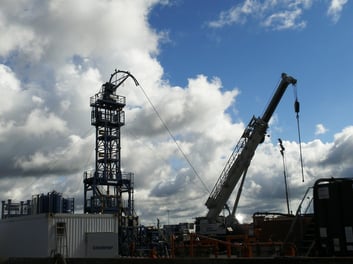
Every equipment appraisal can be classified as either a desktop or an on-site. A desktop is one in which the equipment is not physically viewed by the appraiser, who instead relies on the client to provide the necessary data required to properly describe, identify and value the property. The on-site option includes the appraiser personally inspecting the assets during the initial phase of the project to obtain all this information directly.
There are pros and cons to each option, and given the circumstances of each project, one may clearly be more preferred, while in other cases, it will come down to a decision based on cost, efficiency, and/or logistics. If the appraiser you’re working with is highly experienced, they can often suggest the better option based on their understanding of the overall scope of work and the asset mix. Either way, both options are reliable, defensible, and supportable, as long as the appraiser obtains the necessary data to get the job done.
Here are a few of the important factors that go into the determination of engaging in a desktop vs. an on-site equipment appraisal:
Quality of the Data Available: Depending on the level of detail provided by the client, and their ability to obtain the necessary specifications and photographs for the equipment, an on-site valuation may be the most effective option.
Number of Assets and Overall Value: Generally speaking, the larger the transaction and the greater the number of assets, the more likely an on-site appraisal would be preferred. There are typically adjustments, such as new assets purchased and older machinery being retired, that don’t show up on the available listings and can be verified on-site. In addition, the higher appraisal fees associated with personal inspections can be better justified in relation to the overall project.
Cost: The travel and expenses of the appraiser getting to the site(s) and spending the necessary time to inspect, take photographs, meet and interview key company personnel needs to be weighed against the benefits. Locality: The ease, or lack thereof, of traveling to the facility. If the business is close to a major city or way out in a very rural environment, may factor into the decision. Spending an inordinate amount of time getting to and from the sites can oftentimes create a cost inefficiency.
Timing: If there is a very tight timeline to complete the valuation, the desktop option may be the only reasonable approach to meet the delivery deadline. Scheduling and executing the on-site work can take anywhere from a few days to a couple of weeks.
Transactional Hurdles: Depending on the client and scope of work, it may be a requirement to include an on-site personal inspection by the appraiser as part of the process. This may come into play with financial institutions, the SBA, litigation cases, business disputes, and tax authorities.
As an appraiser, completing the site work independently results in a better understanding of the specific business application of the assets and allows for greater control over the data gathering process, while providing a hands-on personal experience. However, as long as the information available to the appraiser is of reasonable quality, the desktop option will be more than adequate. In all cases, the machinery & equipment appraiser should be able to guide you through the scope of work process which will ultimately determine the best options for you.





